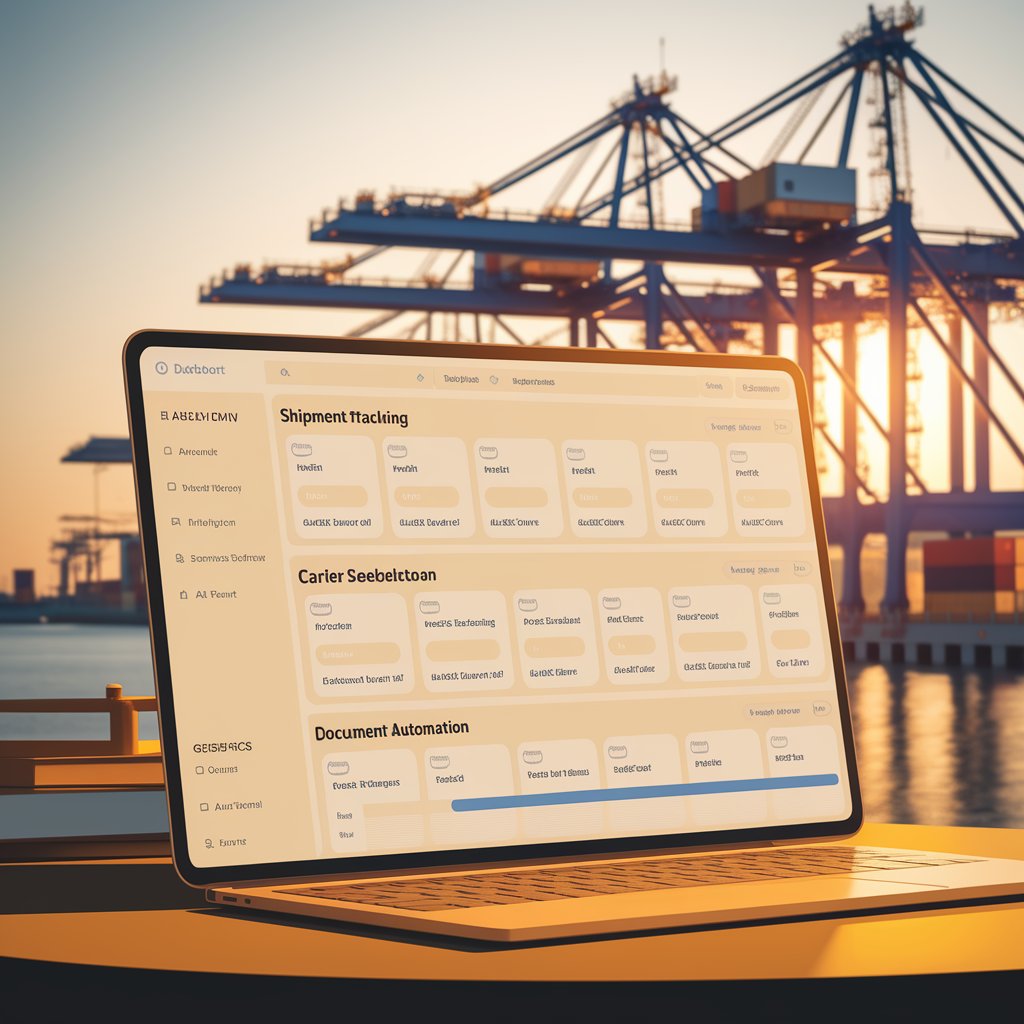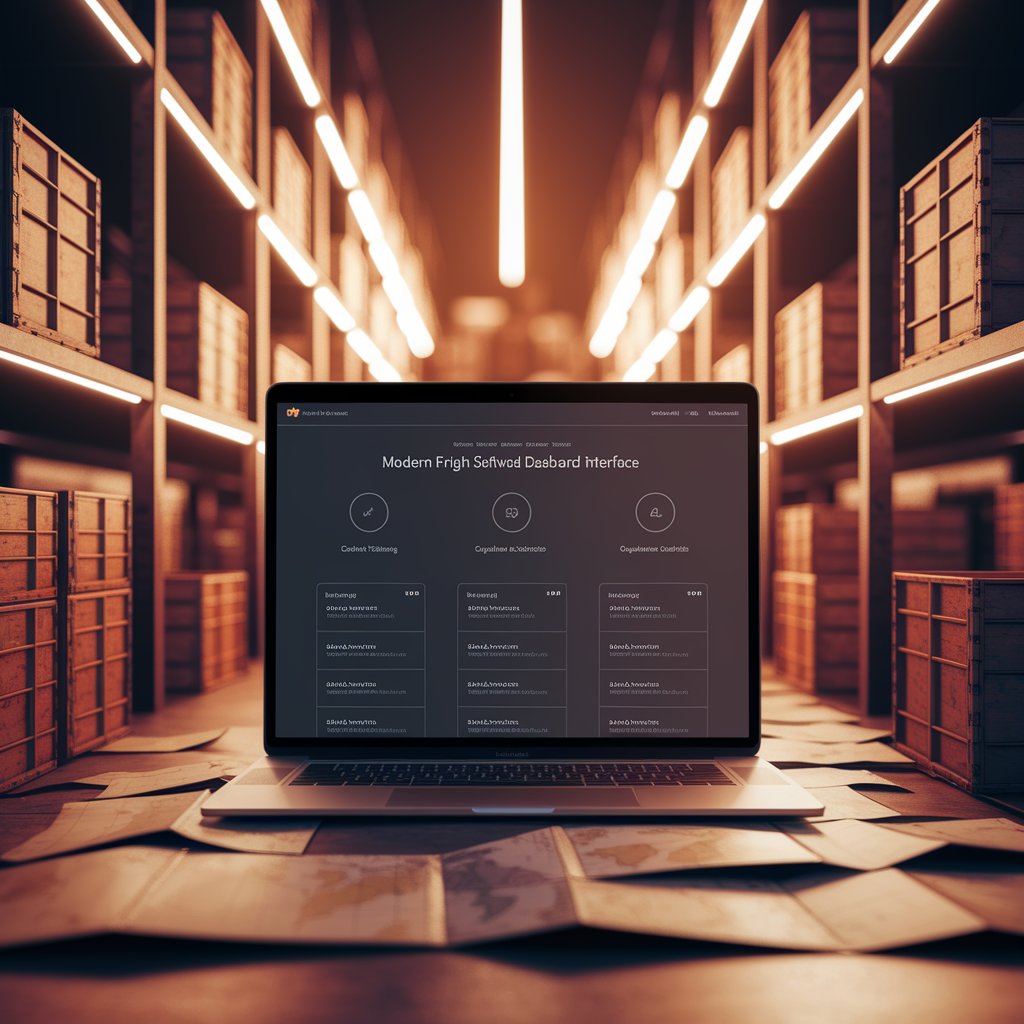Freight Software Solutions: Transforming Logistics Operations for the Digital Era

Introduction
Freight software solutions are designed to address these challenges head-on. By integrating automation, data analytics, and real-time communication into one platform, these tools help logistics companies manage operations more effectively, reduce costs, and enhance customer satisfaction.
What Are Freight Software Solutions?
Freight software solutions are digital platforms built to manage and optimize freight forwarding and shipping operations. They often include:
- Transportation Management Systems (TMS) for shipment planning and execution
- Freight Tracking Tools for real-time visibility
- Document Automation Modules to handle bills of lading, customs forms, and invoices
- Rate Management Systems to optimize carrier selection and pricing
- Customer Portals for transparency and communication

Key Benefits for Logistics Businesses
Benefit | Impact |
Improved Operational Efficiency | Automates repetitive tasks and reduces manual errors |
Real-Time Visibility | Tracks shipments across all transport modes |
Enhanced Collaboration | Connects shippers, carriers, and clients on one platform |
Cost Optimization | Data-driven insights for better rate negotiation |
Scalability | Adapts to growing shipment volumes without extra overhead |
How Freight Software Solutions Work
These solutions integrate with existing logistics systems and external partners to centralize all operational data.
Typical workflow:
- Shipment Creation: Enter cargo details into the platform.
- Carrier Selection: AI suggests the best carrier and rate.
- Documentation: Automatically generates and sends required shipping documents.
- Tracking & Alerts: Real-time updates for every shipment milestone.
- Performance Analytics: Measure KPIs and optimize future operations.

Advanced Use Cases
- Multi-Modal Freight Management combining ocean, air, and ground transportation
- AI-Powered Demand Forecasting for better planning
- Integrated Customs Clearance to speed up cross-border shipping
- Automated Invoicing & Payment Processing for faster cash flow
Why They Are Essential for Modern Freight Forwarders
In today’s competitive logistics landscape, companies that leverage freight software solutions can scale operations, reduce errors, and offer faster, more transparent services — all of which are critical to staying ahead of competitors.

Conclusion
Freight software solutions empower logistics providers to streamline operations, increase shipment visibility, and improve customer satisfaction. By combining automation with powerful analytics, these platforms help freight forwarders operate with precision, speed, and flexibility — making them a must-have in the digital age of logistics.
